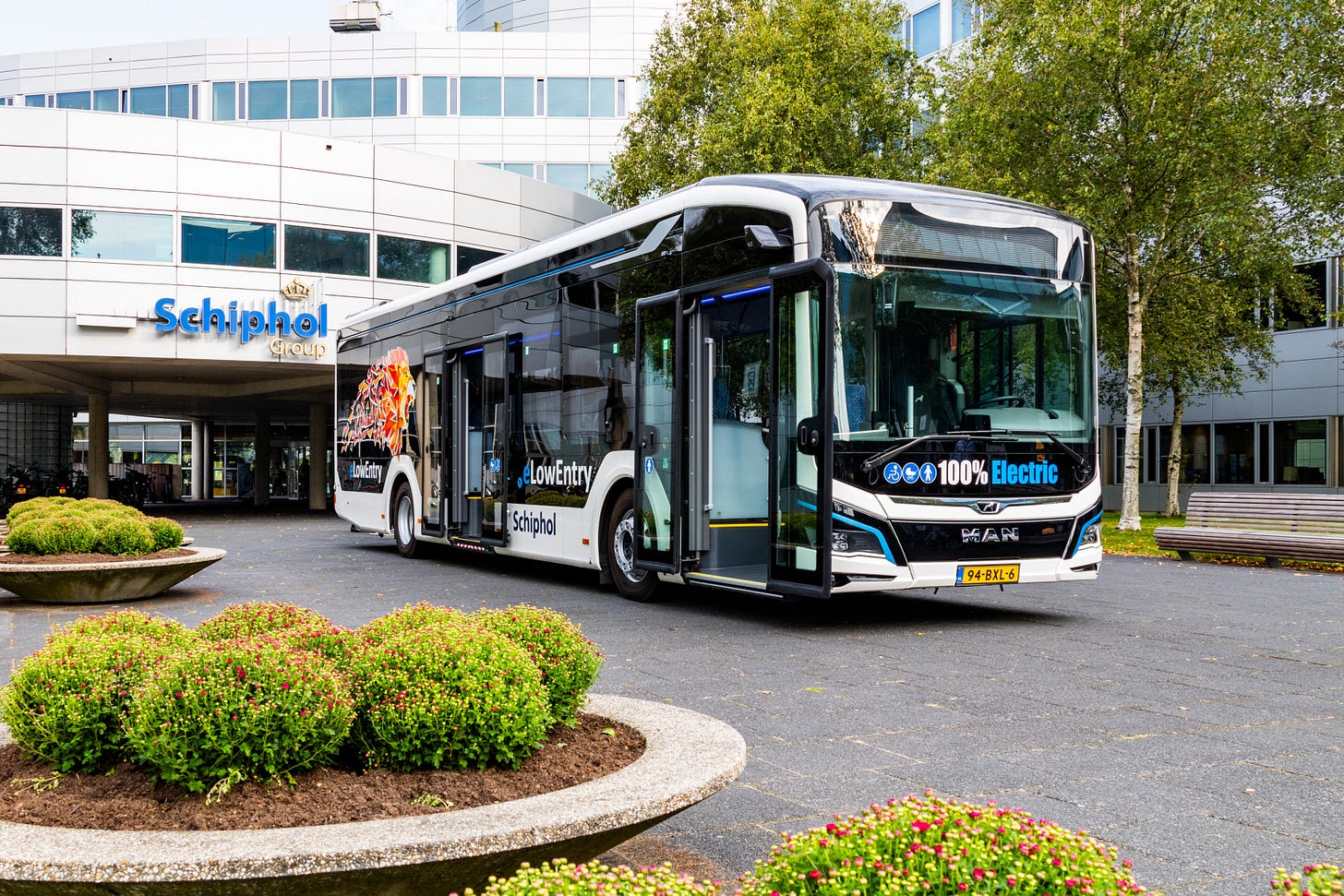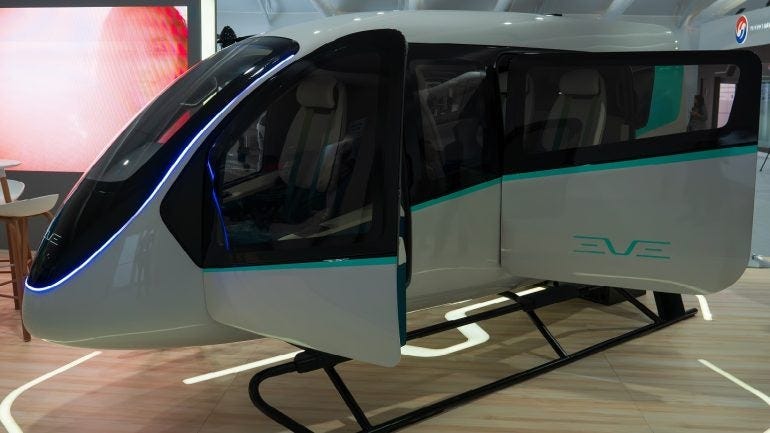#Sustainability20: DOE makes $3B commitment to two sustainable aviation fuel projects & more
Weekly Roundup - 18/10/24
Each Friday, we publish a round-up of the 20 most important stories on sustainable aviation. You can see previous editions of #Sustainability20 here.
Industry Updates
A study shows that 1% of the world’s population produces 50% of aviation emissions, while 80% have never flown. The researchers advocate for a frequent flying levy to ensure fair climate action and support the green transition.
Vietnam Airlines has launched initiatives to offset CO2 emissions and reduce plastic waste, including forest restoration and waste management campaigns. These efforts align with SkyTeam’s Aviation Challenge 2024.
The carbon offset market is experiencing a decline in demand as companies face criticism from scientists and experts. However, corporate buyers are increasingly purchasing controversial renewable energy credits, despite known integrity issues.
Climate Integrity and the Environmental Defenders Office have lodged a formal complaint against Qantas, requesting an investigation into the airline’s sustainability and climate claims. The action follows similar scrutiny of other airlines’ green marketing practices.
Over 650 German founders and investors have signed an initiative supporting federal loan guarantees for struggling air taxi startup Lilium. The German Startup Association argues that backing such deeptech innovations is crucial for Germany's competitiveness.
Airports Council International Asia-Pacific and Middle East is seeking proposals for a study on climate adaptation approaches for regional airports. The project aims to strengthen airport resilience in line with global climate adaptation goals.
CLIMATE WATCH: Global water crisis leaves half of world food production at risk in next 25 years - The Guardian
Experts warn that over half the world’s food production could be at risk within 25 years due to a rapidly accelerating water crisis. Urgent action is needed to conserve water resources and protect ecosystems essential for freshwater supply.
Infrastructure and operational efficiencies
The Dutch Royal Schiphol Group has ordered 52 electric buses from MAN to support its goal of emission-free airport operations by 2030. The buses will transport passengers between terminals and aircraft at Amsterdam Schiphol Airport from 2025.
Estuaire reveals that flights within Europe were the largest contributors to contrail-related climate impact in 2023. Airlines operating these routes will need to comply with new monitoring, reporting, and verifying regulations from January 2025.
Sustainable Aviation Fuel (SAF)
The US Department of Energy has announced nearly $3 billion in loan guarantees for two companies developing SAF projects in Montana and South Dakota, aiming to boost America’s SAF production capacity.
Southwest Airlines has entered a deal with Valero Energy to supply SAF to Chicago Midway International Airport. The two-year agreement includes a minimum purchase of 3.6 million gallons of neat SAF.
French climate tech startup Aerleum has raised $6 million in seed funding to accelerate the industrialisation of its CO2 capture and conversion technology for producing synthetic fuels and chemicals for shipping and aviation sectors.
Power2X and Advario are investing €1.5 billion in a sustainable jet fuel plant in Rotterdam, responding to upcoming European legislation requiring airlines to use increasingly sustainable fuels from 2025. The project is scheduled for completion by 2030.
Norwegian and the Norwegian Armed Forces have flown on SAF at Ålesund Airport Vigra, marking a significant step towards developing the market for renewable aviation fuel in Norway.
India could produce 8-10 million tonnes of SAF yearly by 2040, investing $70-85 billion. This may reduce emissions, boost exports, create jobs, and increase farmers’ incomes.
The Kansas Farm Bureau facilitated discussions between farmers and Delta Air Lines representatives about SAF production. Both industries explored potential collaborations and shared perspectives on sustainability practices.
The Biden administration has outlined guidelines for tax breaks aimed at boosting SAF production. The Treasury Department’s actions could clear the way for tax credits for corn-based ethanol if producers follow specific farming practices.
New technology: Electric and Hydrogen
Eve Air Mobility has secured an $88 million loan from Brazil’s National Development Bank to finance the construction of its eVTOL aircraft production facility in São Paulo. The company plans to produce up to 480 eVTOLs annually.
Researchers at the University of California Riverside have discovered a method to reduce nitrogen oxide pollution from hydrogen-burning engines by improving catalytic converter efficiency using Y zeolites, potentially benefiting future sustainable aircraft propulsion systems.
Austrian Airlines has completed a pilot test using a hydrogen-powered generator for aircraft maintenance work at Vienna Airport. The system could save around 60,000 kg of CO2 annually compared to diesel-powered energy supply.
Airbus UpNext and Toshiba have announced a collaboration to develop a two-megawatt superconducting motor for future hydrogen-powered aircraft. The partnership aims to advance electric propulsion systems using liquid hydrogen for both fuel and cooling.
For October 2024, we’re pleased to feature SITA as our exclusive Sponsor of the Month. SITA is a global IT provider for the air transport industry, helping airlines navigate complex environmental regulations. Discover how their Eco Mission tool can simplify compliance, reduce costs, and provide real-time insights to support your sustainability goals.







